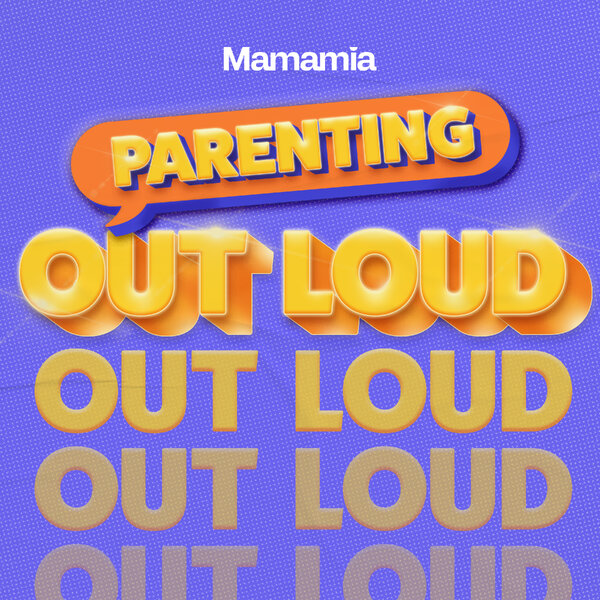Six-year-old Ras Monroe is the youngest student at Kenmore State High School in Brisbane.
He told 7.30 it was the first time he had felt challenged at school.
“It’s been awesome. It’s not the boring stuff I do at school but it’s fun stuff,” he said.
“Sometimes I learn stuff that I wasn’t supposed to learn and then I can research that stuff.”
Currently that research includes advanced physics concepts like dark matter, dark energy and string theory.
It is a stark contrast to what he has been taught at primary school, which left him bored and frustrated.
“Almost half of the work I do at school I do not like,” Ras said.
His mother Margaret Monroe said Ras had acted out his frustration in class.
“When he first started at prep he was running away, he was bouncing off walls, he was disrupting other kids’ learning and at that point no-one really knew what was going on with him,” she said.
Giftedness is not as rare as you might think.
The fact Ras was gifted was not identified at school and his teacher thought he had autism or had global developmental delay.
Experts and parents told 7.30 it was a common problem faced by gifted students across the country.
Dr Geraldine Townend, from Griffith University, said one misconception is that giftedness is rare.
“Gifted people are in the top 10 per cent of their domain, so if we’re looking at gifted students in Australian schools that would equate to 370,000 students across Australia,” she said.

Top Comments
Here's a thought, how about class levels based on ability levels rather than age. That would not only benefit children academically but socially as well. I have seen children interacting very well with other children younger or older than themselves many times. Working with people of different ages is a good thing. Sometimes I wonder if the disrespectful way some adults regard the younger or older generation is inadvertently caused by segregation of age groups in schools. Also I think we need to review a teaching methodology many teachers use of I'm teaching you this and you the students need to memorize it. Learning is so much more than memorizing, it is also about learning from doing, discussing, exploring, discovering, experimenting, etc. Having worked with young children and the times I gave them opportunities to teach they've been remarkably good at it. Children learn alot from each other, not just social skills. Plus teachers need to feel it's OK to say I don't know the answer to that question, how about we find out the answer together.
So if you class kids together by ability, how do you think that will go for kids with less ability? What would the social ramifications be for them, when all the kids know who the 'dumb' kids are? Also, there is already a multi-age system in use to address this that is proving socially inferior because it forces children to constantly compromise in making good friendship choices due to the lack of available options. Most parents I know hate it with a passion.
The whole way we view schools needs changing. At the moment, you go to the school closest to your house. You go with kids who have all sorts of different learning styles, skills, strengths and weaknesses and you are shoved in a class with people the same age.
Specialised schools should be set up for different sorts of students. Kids who are academically minded should have a school, kids who struggle with learning difficulties should have a school, kids who have skills in art and music should have a school. There should be sporting orientated schools and schools that teach trades and the like. Not to say that they don't learn the basics, but with a focus on their particular learning style. This could even be done within existing schools. Students should not be lumped in with kids their own age, but with kids who are at their level of learning.
That pretty much sounds like the high schools in NSW lots of sports and performing arts highs and selective schools for smart kids. Opportunity classes are also available for primary school kids who are super bright even in regional areas.
All those schools exist in NSW. There are Performing Arts high schools, Sports high schools, selective schools for the gifted and talented and as I say below OC (Opportunity Class) exists for gifted kids in primary school.
NSW is only part of Australia not all of it. What happens in NSW is not always reflective of other parts of Australia. This was written about the experience of a family in QLD.
I'm not talking about just 'smart' kids. I'm talking about all students given the opportunity to focus on what they are good at and school admission not based on where you live, but what you are interested in, with schools set up with this in mind.